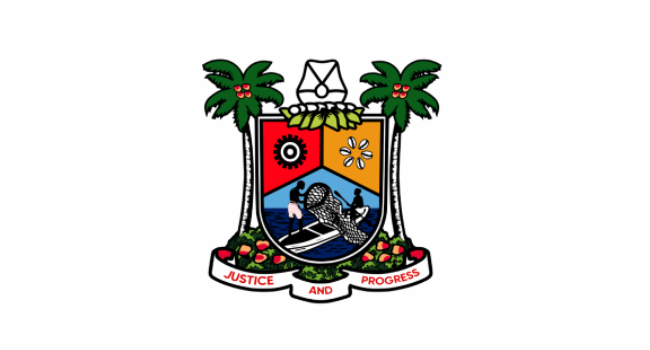The Lagos State Government has initiated a major enforcement action against unauthorized real estate developments, declaring 176 estates across the state illegal due to their failure to secure mandatory layout approvals. This significant move, announced by the Ministry of Physical Planning and Urban Development, sends a clear signal to developers that adherence to urban planning regulations is non-negotiable. The government has given the affected estates a 21-day ultimatum to begin the process of regularizing their documents or face severe sanctions.
The identified estates are primarily located in the rapidly developing corridors of Eti-Osa, Ajah, Ibeju-Lekki, and Epe, areas that have seen a boom in residential and commercial projects. This geographic concentration highlights the government’s concern over the uncoordinated and potentially chaotic development in these high-growth regions, which are central to the state’s future urban plans.
The Mandate for Orderly Development
According to the Permanent Secretary of the Office of Physical Planning, Engr. Oluwole Sotire, the crackdown is not arbitrary but a core function of the Ministry. He stated that the illegal estates have compromised the state’s sustainable development ethos and are in direct violation of the guiding principles of the T.H.E.M.E.S+ Agenda. This agenda, a cornerstone of the current administration, outlines a comprehensive vision for Lagos, encompassing a wide range of developmental pillars including Traffic Management, Health, Education, Making Lagos a 21st Century Economy, Entertainment, and Security. The “plus” in the agenda signifies an intensified focus on Social Inclusion, Gender Equality, and Youth development.
By operating without approved layouts, these estates undermine the very fabric of this strategic plan. A layout approval is more than just a piece of paper; it is a critical regulatory tool that ensures new developments are integrated into the existing city plan. It dictates everything from road networks and drainage systems to green spaces and utility provisions, preventing the creation of disjointed and non-functional communities. Without such approvals, estates can contribute to flooding, traffic congestion, and a lack of essential public amenities, ultimately degrading the quality of life for residents.
The Consequences of Non-Compliance
The 21-day ultimatum serves as a final warning. Developers of the listed estates, which include notable names such as Adron Homes, Aina Gold Estate, Diamond Estate, Prime Water View Garden, and Royal View Estate, have a short window to submit the necessary documents to the Ministry’s office in Alausa, Ikeja.
Failure to comply within this period is expected to trigger a series of stringent enforcement actions. While the government statement does not specify the exact nature of these sanctions, past crackdowns on illegal structures in Lagos have included sealing properties, imposing heavy fines, and, in some cases, demolition. The government’s resolve is to curb unauthorized developments that disrupt the state’s physical planning framework and ensure that all new residential and commercial layouts comply with approved urban planning standards.
Protecting Citizens and Promoting Legitimacy
In addition to the enforcement, Engr. Sotire emphasized a crucial piece of advice for both developers and the general public: the need for all practitioners to register with the Lagos State Real Estate Regulatory Authority (LASRERA). LASRERA is the state agency responsible for regulating, coordinating, and monitoring the real estate sector. By registering, developers signal their commitment to ethical practice, and the government can better monitor their activities.
For prospective property buyers, this enforcement action serves as a vital reminder to exercise caution and conduct due diligence. Purchasing a property in an unapproved estate carries significant risks, including the potential loss of investment and the legal repercussions associated with owning an illegal structure. The government’s push for compliance is ultimately a measure to protect the public from fraudulent practices and ensure that the state’s urban growth is both orderly and sustainable. This proactive stance is a necessary step towards realizing the vision of a functional, organized, and resilient smart city, as envisioned in the T.H.E.M.E.S+ Agenda.


